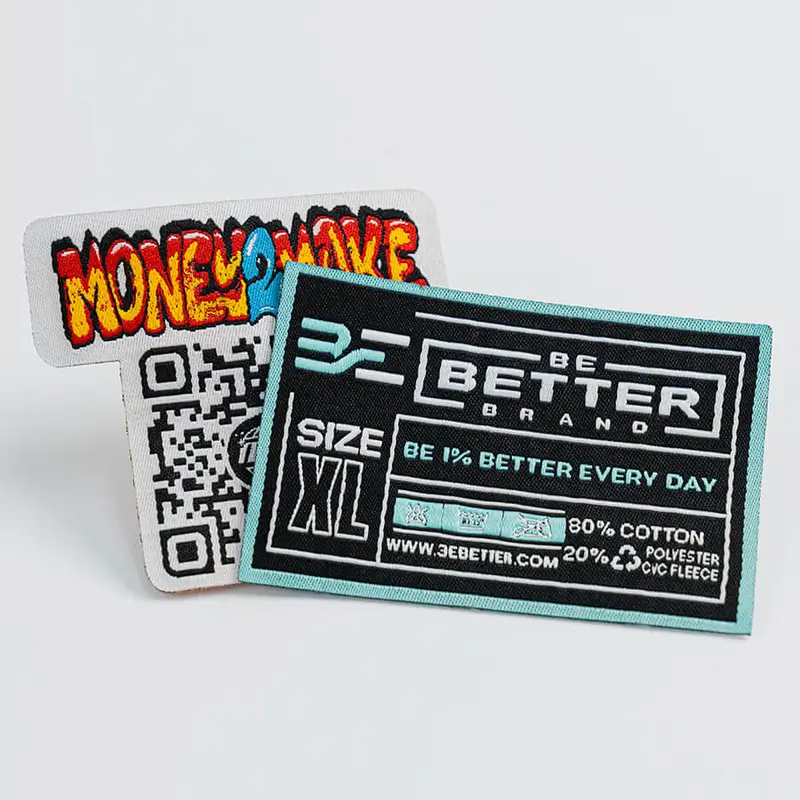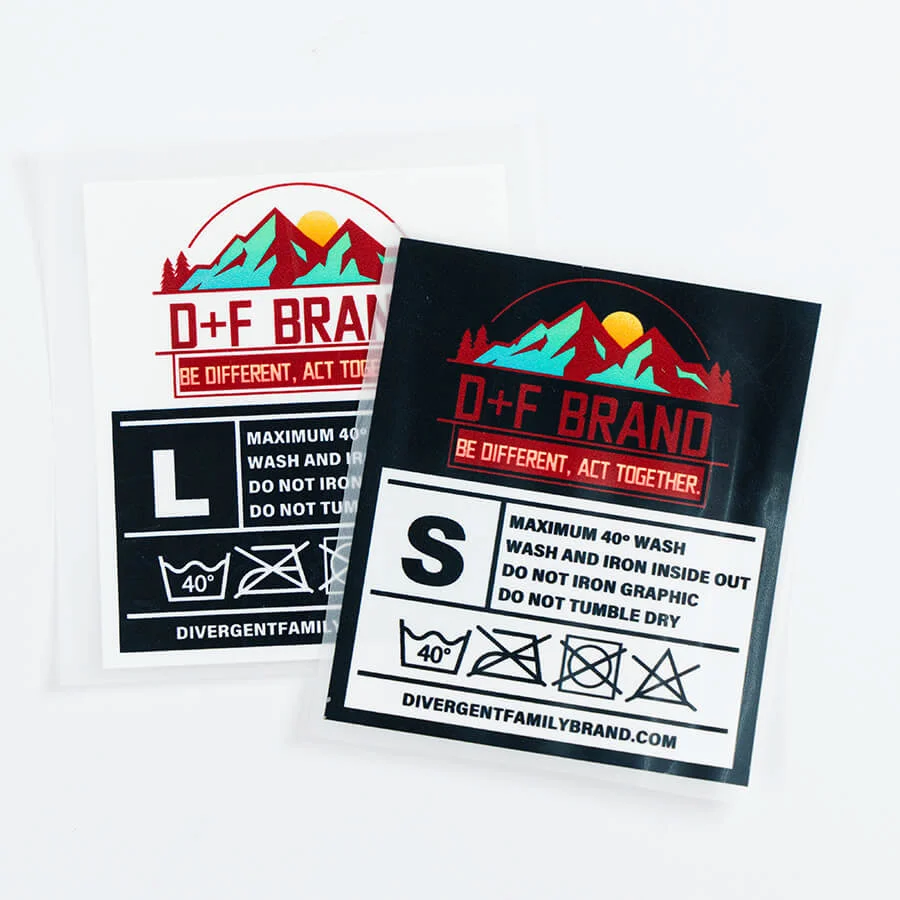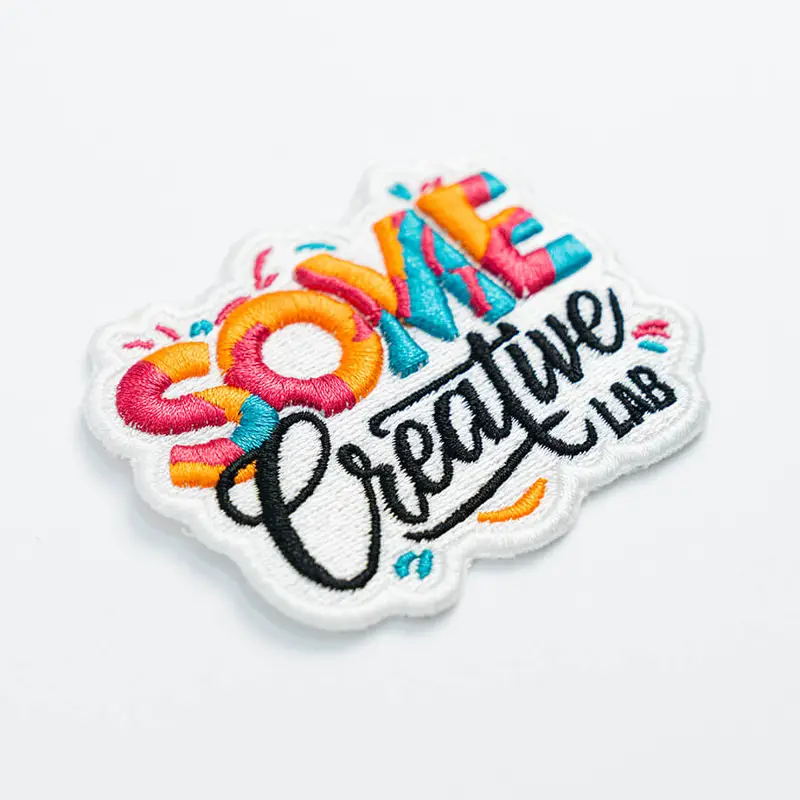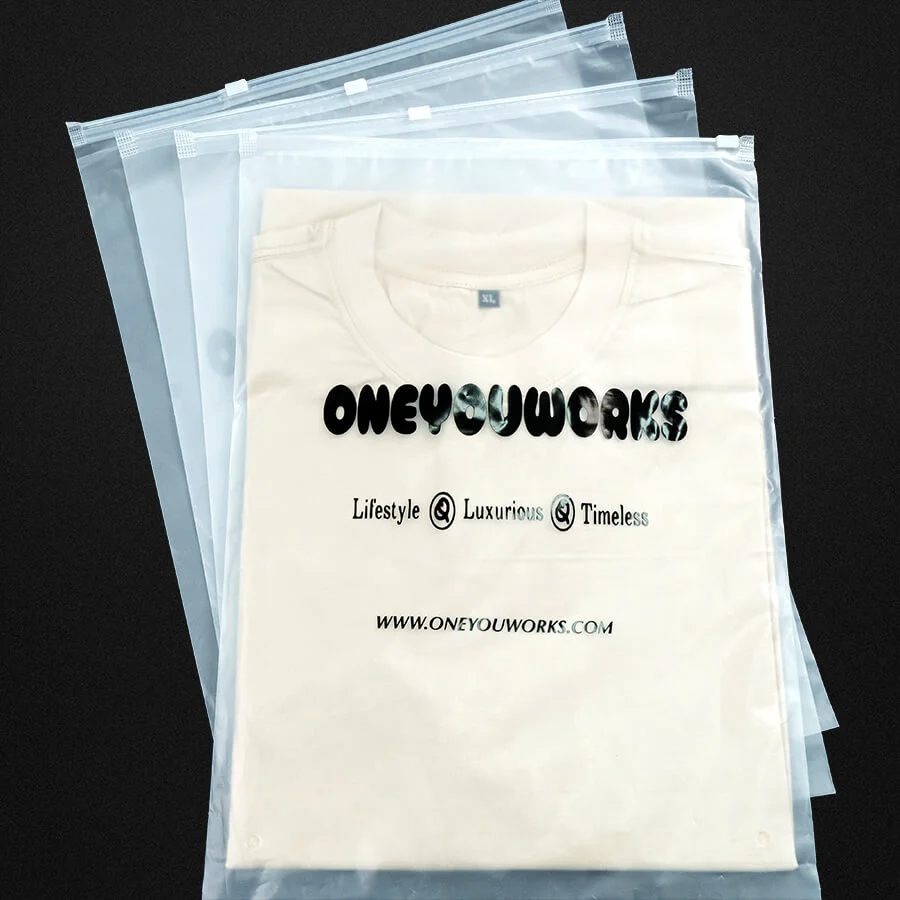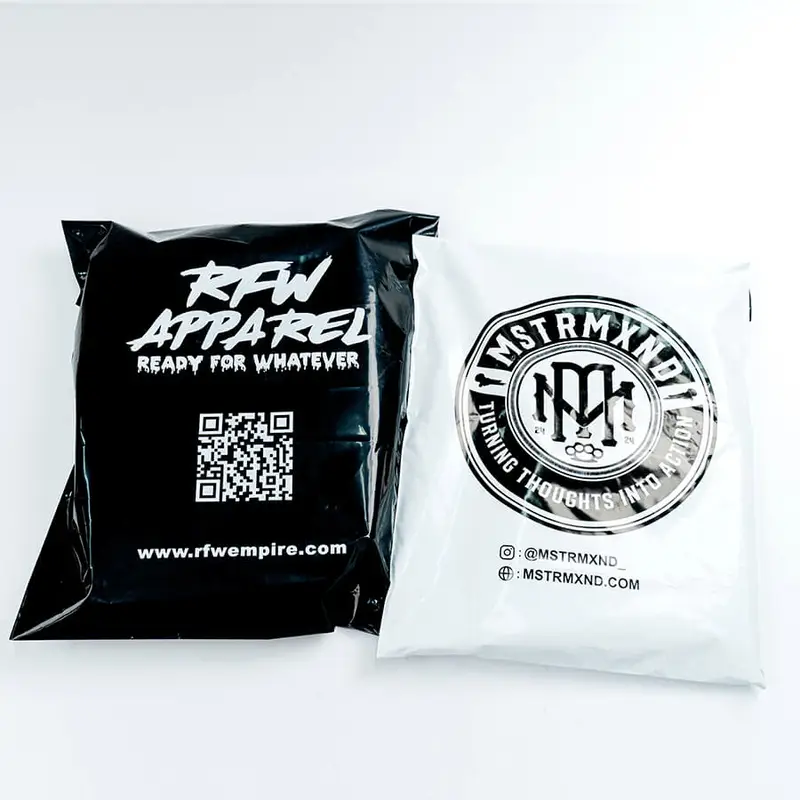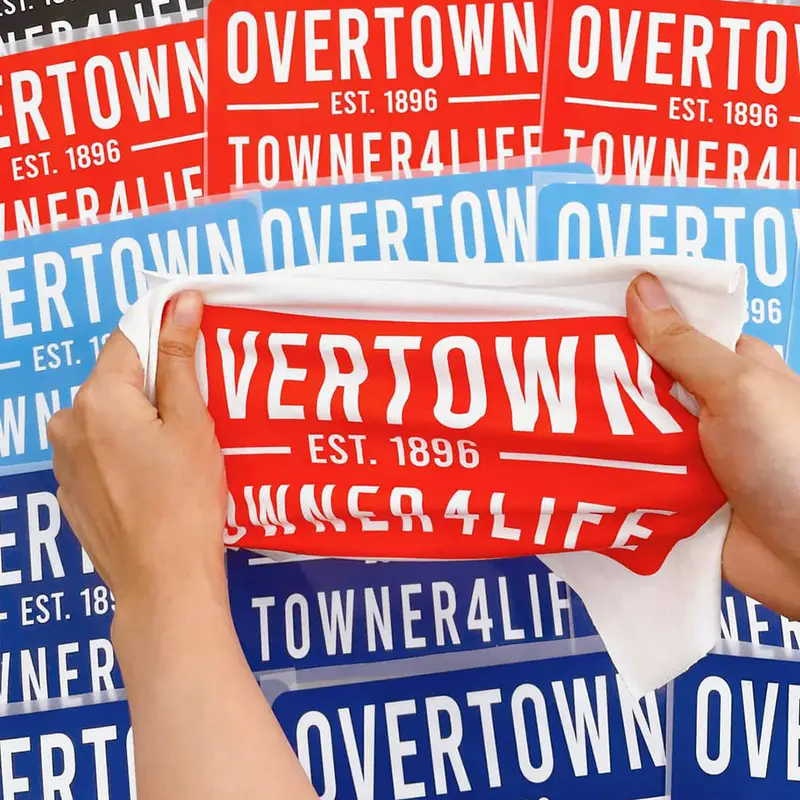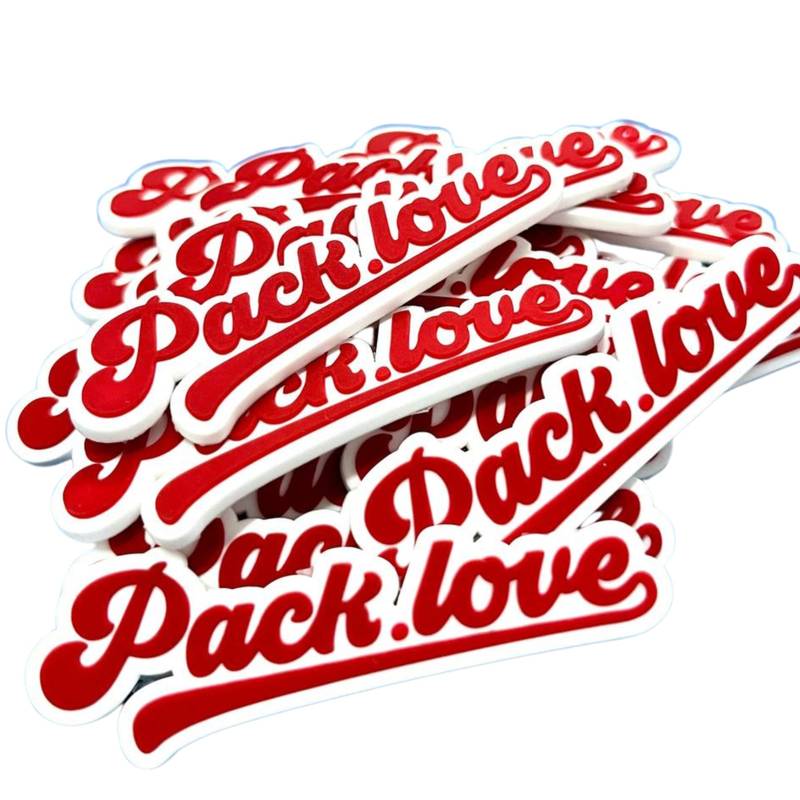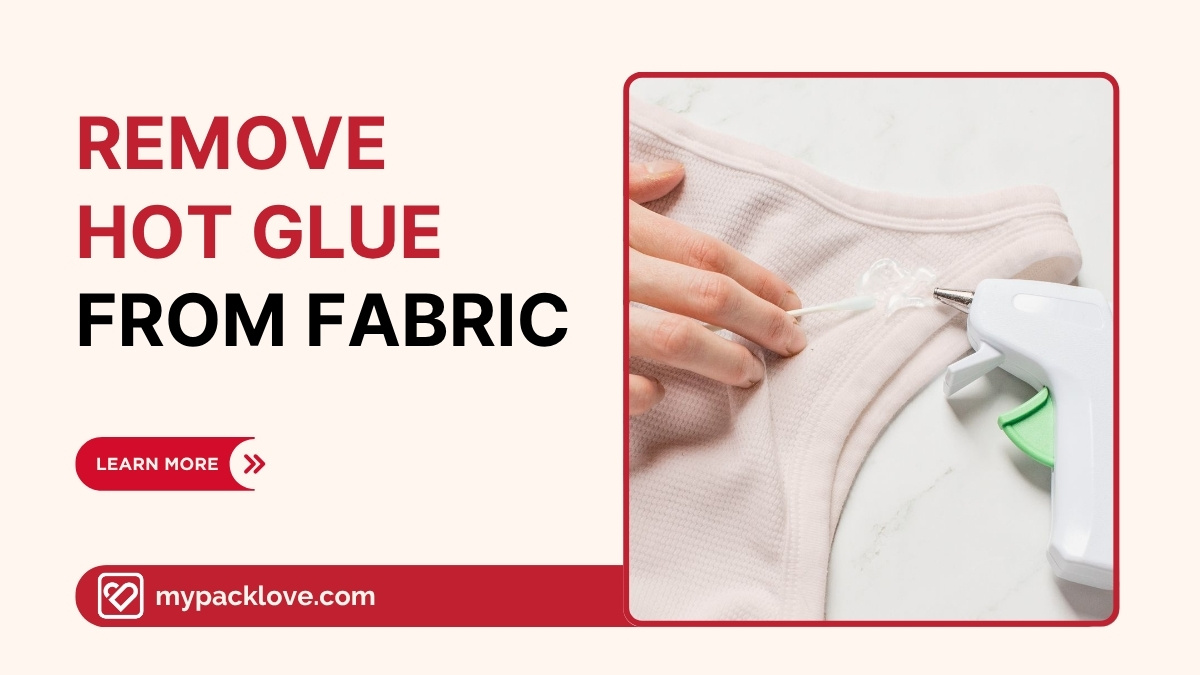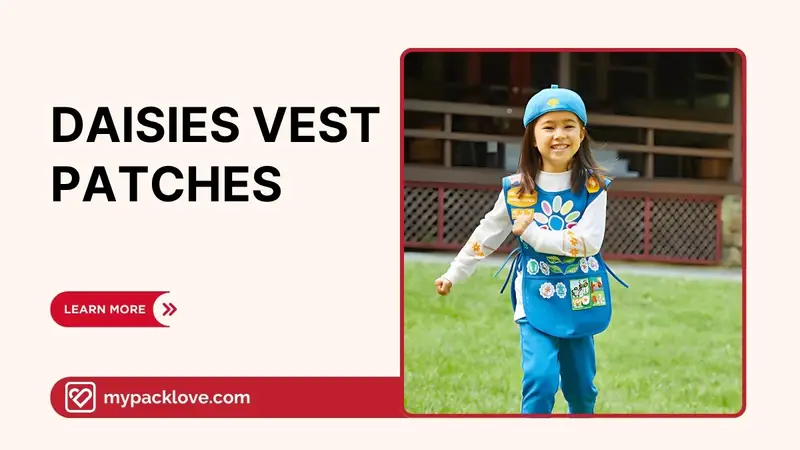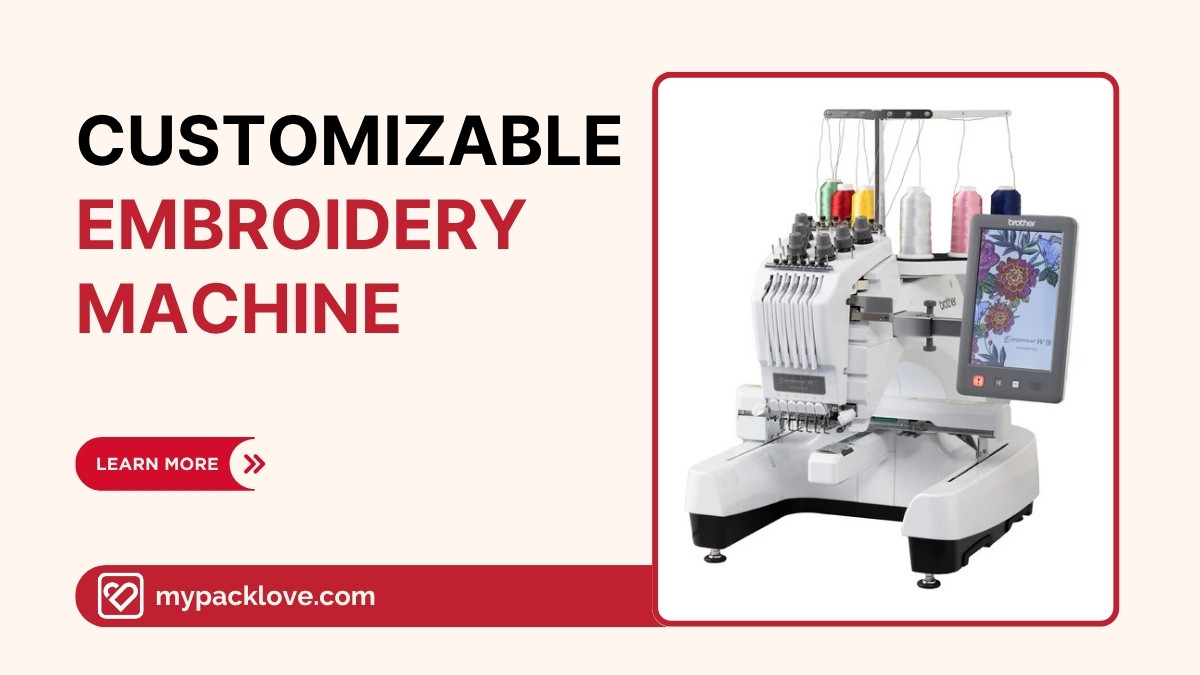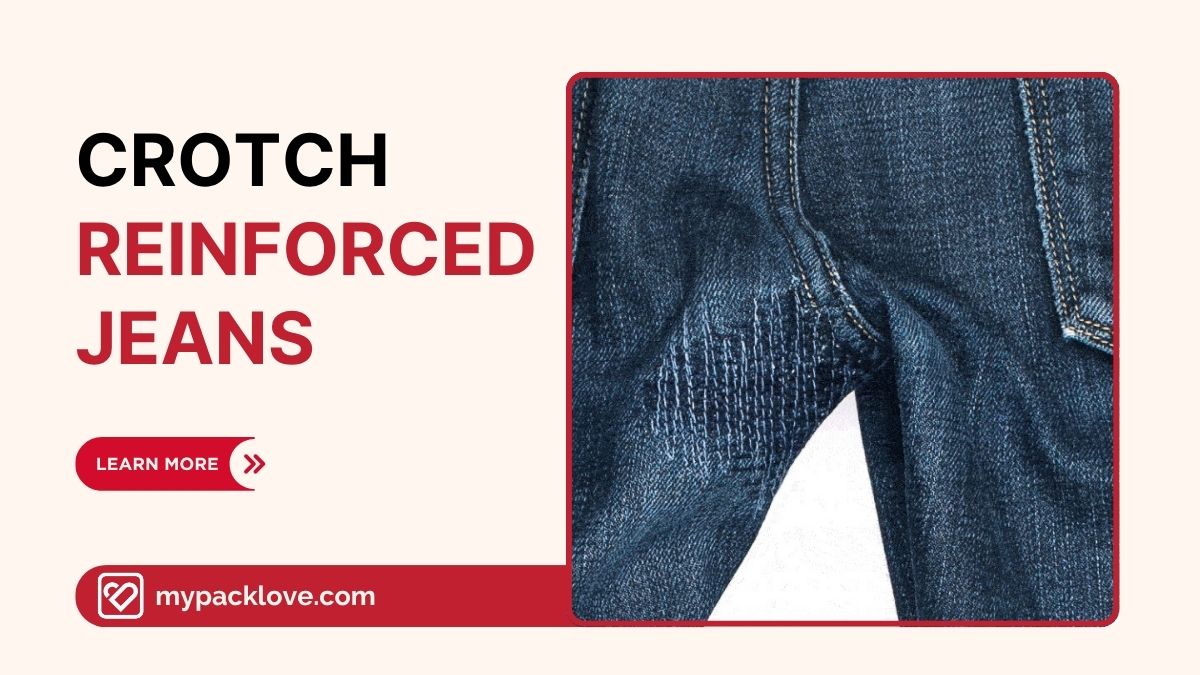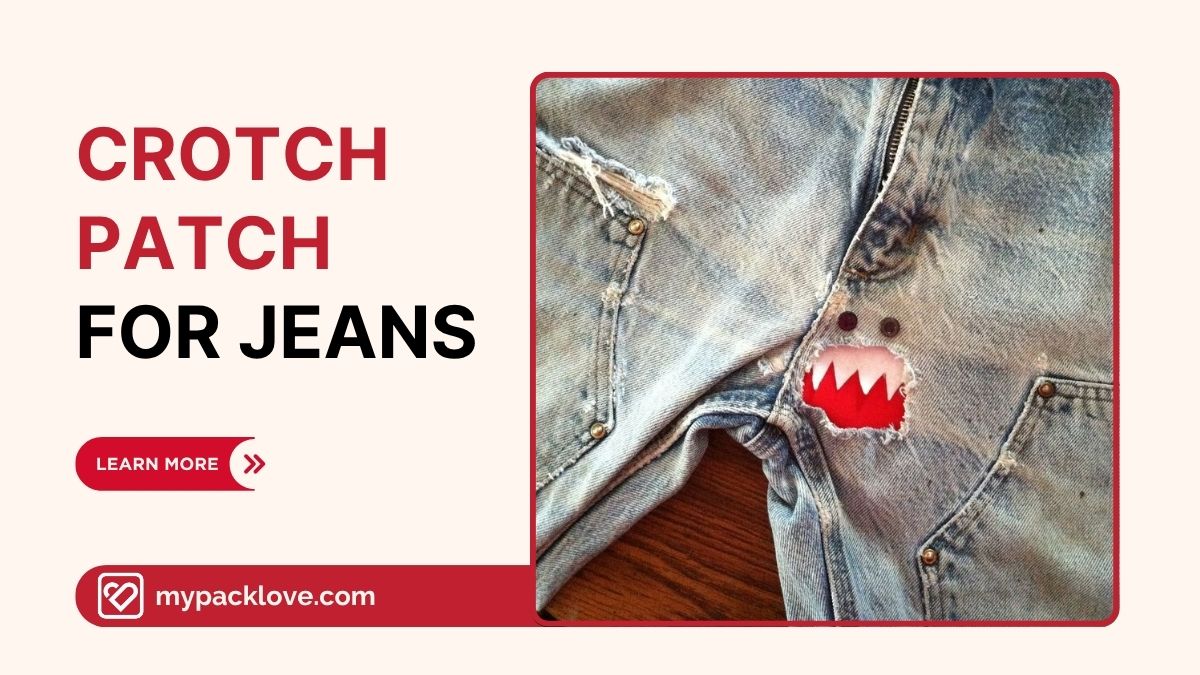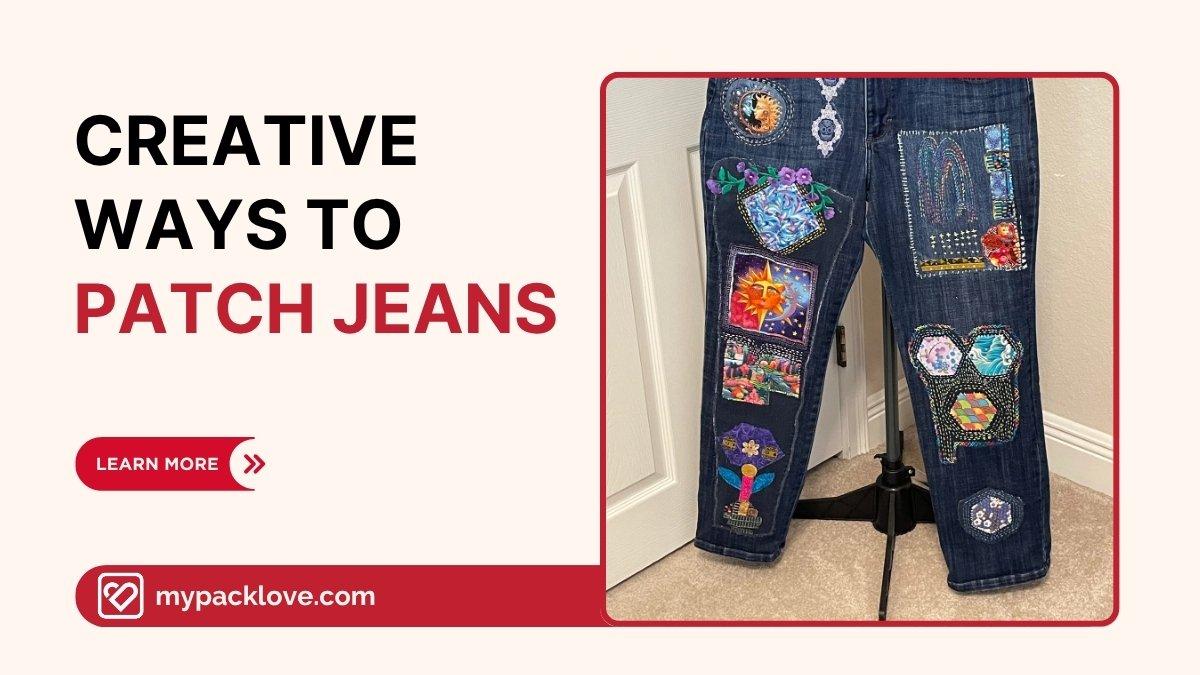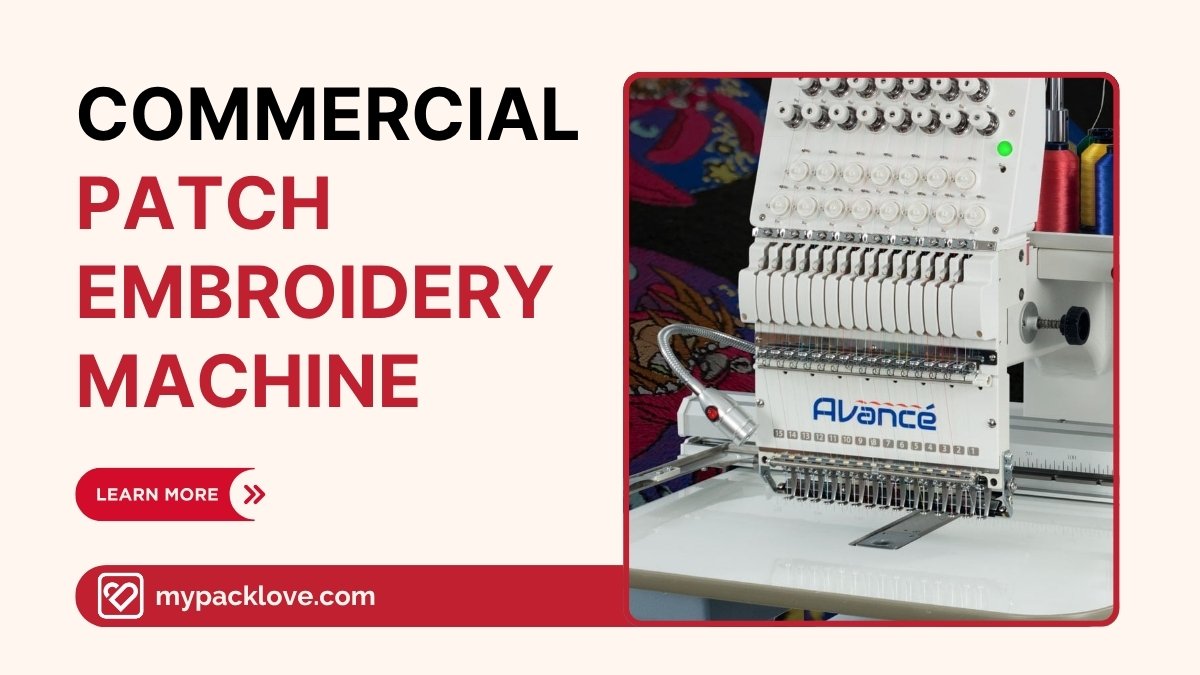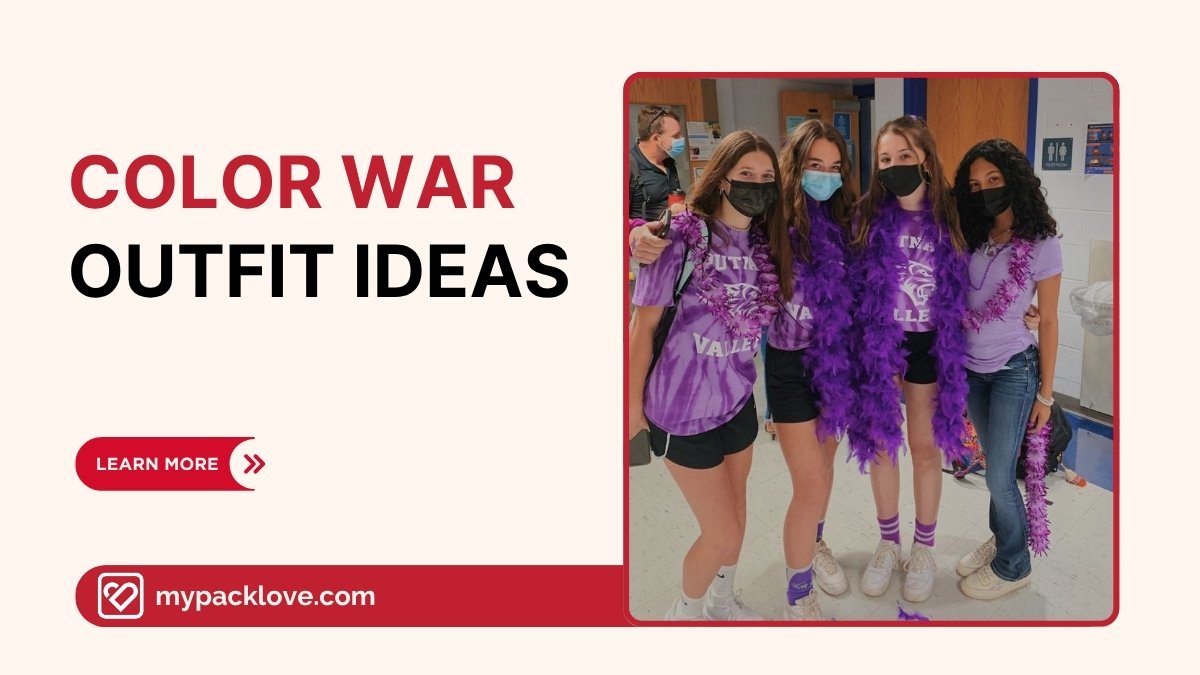What Is A Welt Pocket: Easy Guide To Identify And Why It’s Used
Have you ever noticed the sleek, hidden pockets on a tailored jacket or a pair of smart trousers? These aren’t just any pockets; they are often “welt pockets,” a hallmark of quality craftsmanship in clothing. Unlike pockets sewn onto the outside, welt pockets are built into the garment, creating a clean and sophisticated look.
This article will guide you through everything you need to know about welt pockets: what they are, how to spot them, and why they are a sign of a well-made garment. Get ready to appreciate the finer details in your wardrobe!
1. What exactly is a welt pocket?
A welt pocket is like a secret pocket. It is made inside your clothes, not stuck on the outside. This type of pocket is called an inset pocket.
You mostly see a clean flat opening, like a neat slit, where the pocket opens. Think of it like a small letterbox slot in a door. This slot is in your jacket or pants, and it’s for your hand or small items. The main part of the pocket is hidden inside. This makes it different from pockets that are like a bag sewn on top of the clothes.
The special part of a welt pocket is called the “welt.” A welt is a small, neat strip of fabric. It runs along the edge of the pocket opening. Sometimes there is one welt, and sometimes there are two fabric welts.
These welts make the pocket opening look very tidy and finished. They also reinforce the opening, making it more durable and resistant to tearing. The welts are usually made from the same fabric as the clothes. Sometimes, a different fabric is used for style.
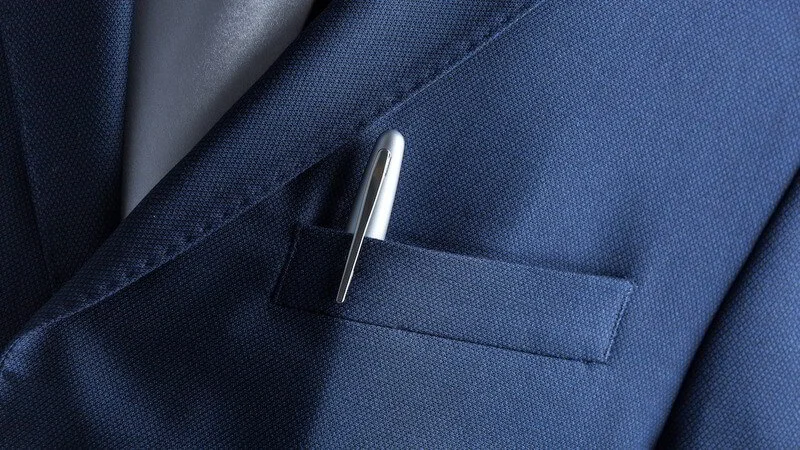
2. Key features & how to spot a welt pocket
2.1 The clean opening
The most telling feature is a clean, straight slit on the garment. Along the edge of this slit, you’ll see one or two narrow, finished strips of fabric. These are the “welts”. The pocket opening can be straight across or sometimes a little bit slanted. It does not usually have a big flap covering it, and it’s not a bag shape sewn on top.
Remember, the part that actually holds things is a hidden pocket. So, if you can only see opening and not the whole pocket bag from the outside, it might be a welt pocket.
2.3 Its flat appearance
Welt pockets usually lie very flat pocket against the clothes. They doesn’t stick out or bulge like a pocket that is sewn on top. That kind of pocket is often called a patch pocket. This flat design gives the clothes a smooth look.
2.4 The flat appearance
Unlike patch pockets that are sewn on top of clothes, welt pockets lie flat against the garment. This creates a smooth, streamlined silhouette without adding bulk.
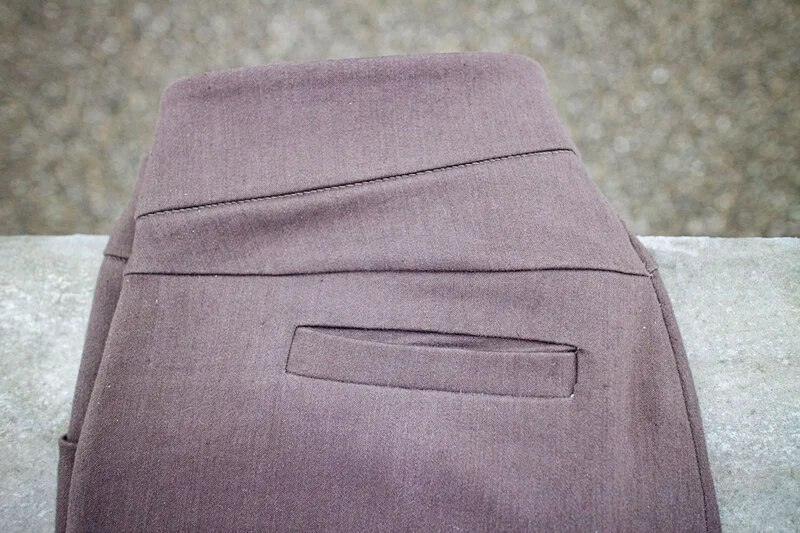
3. Welt pocket examples
3.1 Example 1: Welt pocket on a suit jacket
A welt pocket is commonly found on the chest of a suit jacket, offering a smart, classic look.
3.2 Example 2: Welt pockets on the back of dress pants or trousers
Many dress pants and smart trousers feature welt pockets on the back for a clean finish.
3.3 Example 3: Welt pocket on a vest
Vests often include small welt pockets to maintain a neat and tailored appearance.
3.4 Example 4: A close-up photo showing the “welt” strips clearly
This close-up photo clearly shows the ‘welts’ – the fabric strips that frame the pocket opening, making it both neat and strong.
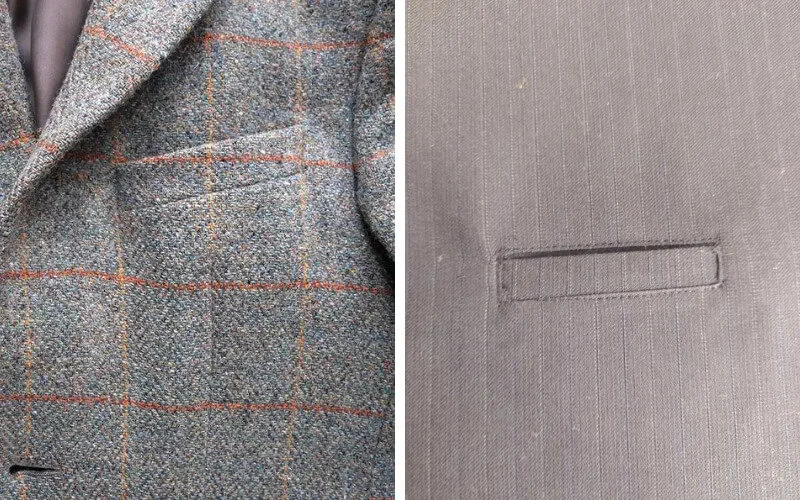
4. Where do you usually find welt pockets?
4.1 Formal and tailored clothing
Because of their polished look, welt pockets are a staple in tailored and formal wear:
- Suit jackets & blazers: Used frequently for breast pockets and sometimes for lower front pockets.
- Trousers & dress pants: Very common for back pockets.
- Vests & waistcoats: Often feature small welt pockets.
- Formal coats & overcoats: Can have welt pockets on the exterior or interior for a refined finish.
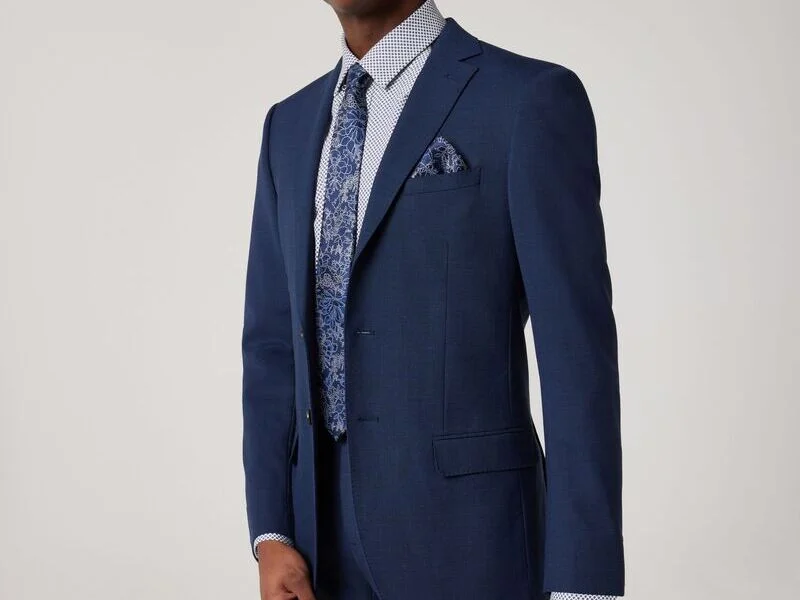
4.2 Other garments
Welt pockets are versatile and appear on more than just formalwear. You can find them on women’s blazers, skirts, dresses, and even some minimalist casual jackets where a clean, bulk-free pocket is desired.
5. Different types of welt pockets
There are a few common styles of welt pockets.
5.1 Single welt pocket
One common style is called a single welt pocket. This pocket has just one fabric strip, or ‘welt’. This single welt is often wider than the welts on other types. It’s usually along the bottom edge of the pocket opening. It looks like a clean slit with one neat fabric band.
5.2 Double welt pocket
Another common type is the double welt pocket. This one has two fabric strips. These welts are usually narrower than a single welt. There is one welt on the top edge of the opening, and one on the bottom edge. They look like they meet in the middle of the slit. People sometimes call this a jetted pocket or a besom pocket.
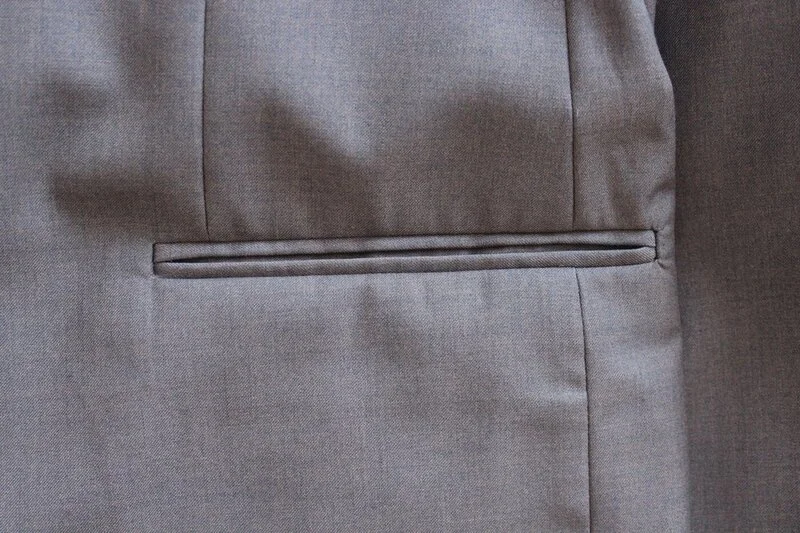
5.3 Welt pocket with a flap
Sometimes, a welt pocket will also have a flap. This is a welt pocket with flap. It’s just like the other welt pockets, but it has an extra piece of fabric that covers the opening.
This is sometimes called a flapped pocket. The flap can be worn hanging out to cover the pocket, or sometimes it can be tucked inside the pocket to show the welts. The flap acts as a pocket cover. You often see these on suit jackets or outdoor coats.
6. Why use a welt pocket?
For a clean, professional aesthetic: Welt pockets create a smooth, uninterrupted line, lending a sophisticated and professional look to any garment.
To enhance durability: The welts reinforce the pocket opening, preventing it from tearing or stretching out of shape with use.
As a sign of quality craftsmanship: Creating a welt pocket requires skill and precision. Their presence often indicates a higher-quality, better-constructed garment.
Stylish detail & quality signifier: A welt pocket is often a well-made garment sign. Making a welt pocket takes skill, so you often find them on more expensive or carefully tailored garments. This style detail clothing can tell you that the clothing is meant to be more formal or has a classic style, representing tailoring quality. Seeing a formal clothing detail like a welt pocket indicates attention to craftsmanship.
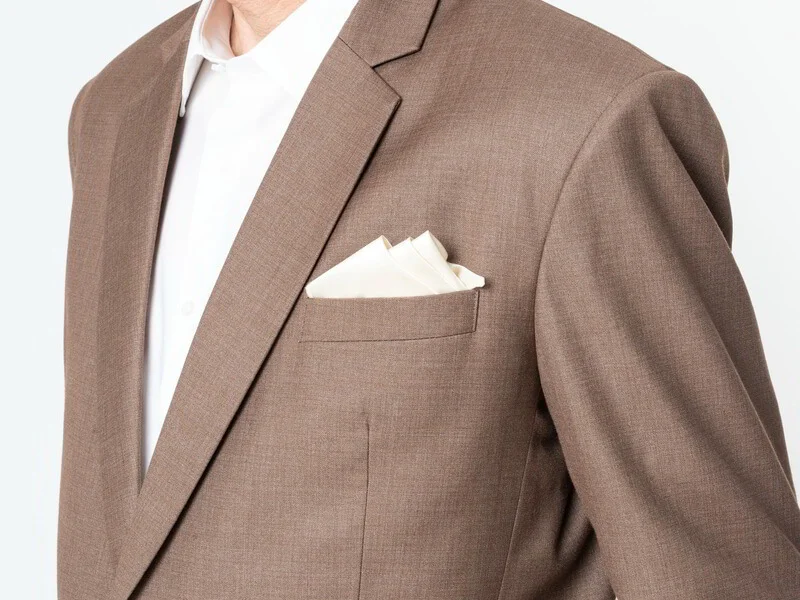
7. Welt pockets vs. other common pockets
Let’s quickly compare welt pockets to other different pocket types.
7.1 Welt pocket vs. patch pocket
A patch pocket is easy to spot. It’s like a small bag sewn right on top of the outside of your clothes. Think of the pockets on the back of most jeans. A welt pocket is different. It’s built into the fabric. You mostly see the slit, not a whole bag shape on the outside.
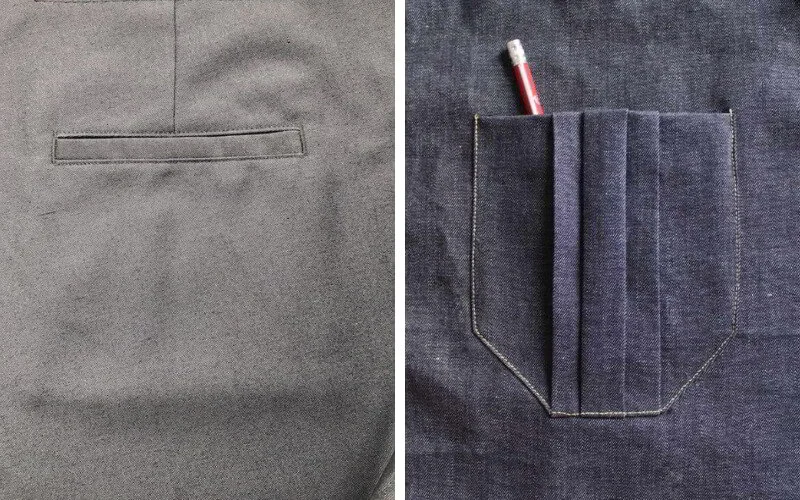
7.2 Welt pocket vs. seam pocket
A seam pocket is hidden in a seam of the clothes. The seam is where two pieces of fabric are sewn together.
8. How are welt pockets made?
Making a welt pocket is quite a skillful job for a tailor or someone who sews. Here are the basic welt pocket construction steps:
- Careful cutting: First, a very precise cut is made in the main fabric of the clothes where the pocket will be.
- Making welts: The fabric strips for the welts are prepared and sewing welts carefully to the edges of this cut.
- Pocket bag: A pocket bag is made from lining fabric. This is part of pocket bag making.
- Attaching bag: This pocket bag is then sewn to the welts on the inside of the garment.
- Finishing: Everything is pressed and sewn neatly to look perfect. Often, a special fabric called interfacing is used inside the welts. Interfacing is a bit stiff. It helps the welts keep their shape and makes them stronger. This interfacing in pockets is a common technique.
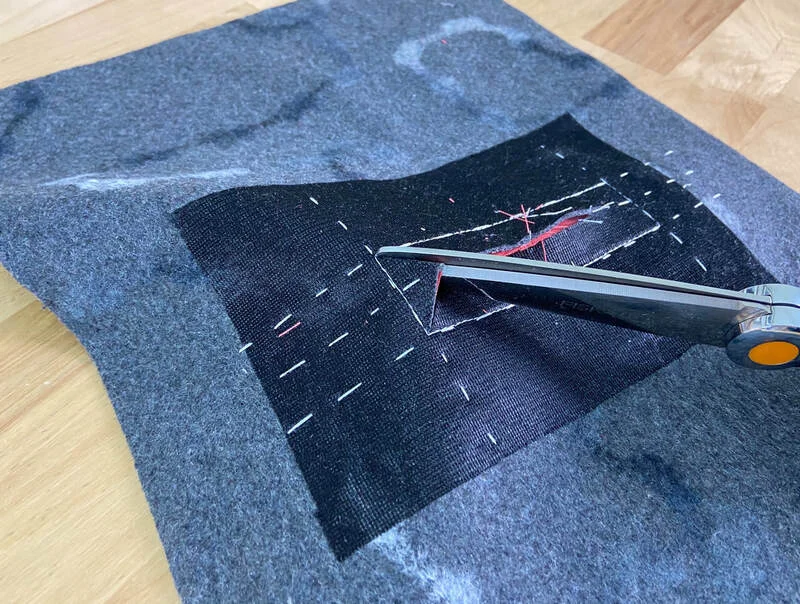
9. Welt pockets and your clothing
9.1 Appreciating clothing details
Now that you know what a welt pocket is, you can look for them on your own clothes or when you are shopping. Noticing these small details can help you in appreciating clothing details. It’s like learning a secret code about quality clothing signs!
9.2 Importance for designers & makers
If you design clothes or make them, knowing about apparel design pockets like the welt pocket is very useful. You can choose the right pocket type to make your designs look the way you want. It also helps when you talk to people who will sew your clothes, like manufacturers, as you’ll understand garment manufacturing terms. This clothing designer knowledge is valuable.
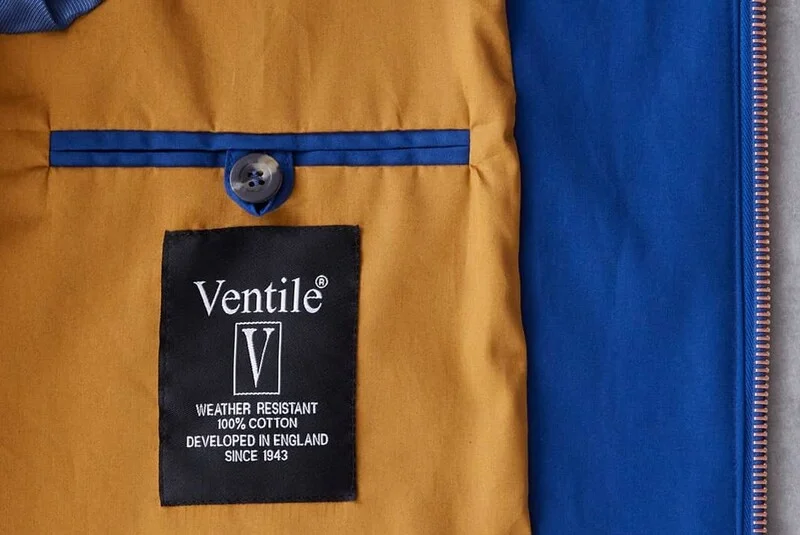
10. Frequently asked questions (FAQs)
10.1 Is a jetted pocket the same as a welt pocket?
Most of the time, yes. The terms ‘jetted pocket’ and ‘besom pocket’ are often used interchangeably to describe a double welt pocket.
10.2 Are welt pockets only for men’s clothes?
No, not at all! Welt pockets are used on all kinds of clothes for men, women, and children. You can find welt pockets women’s clothes, such as blazers, smart trousers, coats, and even some skirts if a neat, tailored look is wanted. They are essentially unisex welt pockets.
10.3 Are welt pockets hard to sew?
Yes, understanding sewing welt pockets difficulty is important; they are usually thought of as a more advanced sewing skill. They need to be made very carefully and precisely to look good and be strong. It is hard to make welt pocket designs well without practice.
10.4 What fabric is used for the welts?
Usually, the fabric for welts is the exact same fabric as the main part of the garment (like the jacket or trousers). This is the common welt material as it helps them blend in. Sometimes, for a special design, a different fabric or color might be used for contrasting welts to make them stand out.
10.5 Can a welt pocket have a zipper?
Yes, sometimes a zipper is added to the opening of a welt pocket. This makes the zippered welt pocket more secure for holding things. You might see a welt pocket with zip on outdoor jackets, bags, or some trousers.
Explore more:
In essence, welt pockets represent a hallmark of quality tailoring, characterized by their clean, flat construction inset within a garment and distinctively finished with fabric ‘welts’ at the opening.
Beyond their sleek aesthetic, which lends a sophisticated touch particularly to formal and tailored apparel, these pockets are prized for their structural integrity and inherent strength, ensuring they maintain their shape through wear.
Having explored this easy guide, you should now be able to confidently identify welt pockets, appreciating them as a special, functional, and stylish detail that elevates the construction and appearance of well-made clothing.

